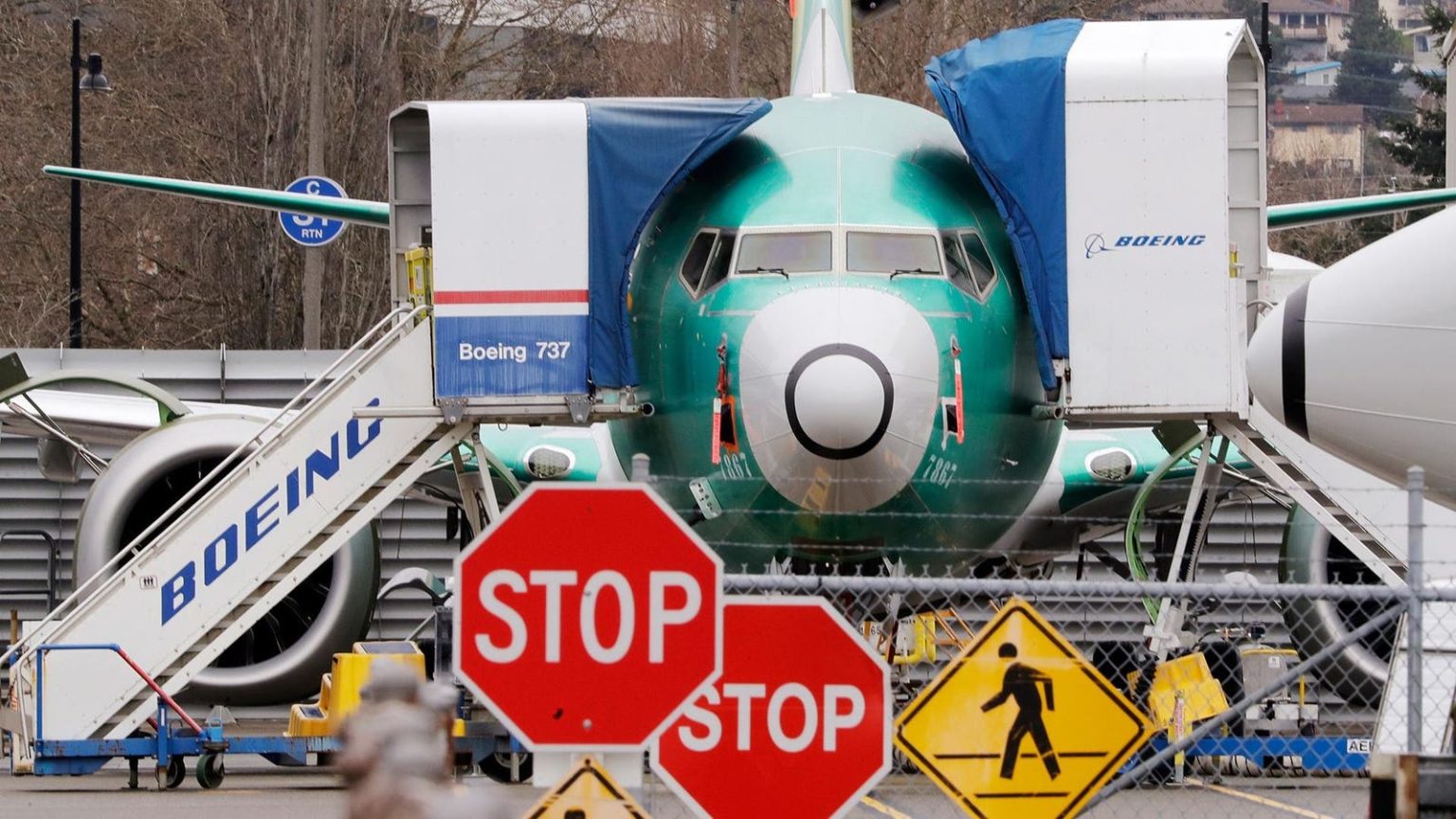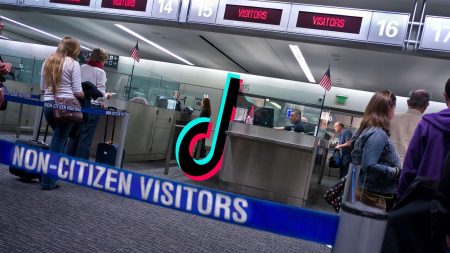U.S. airlines are set to face higher fares this summer and an increased risk of delays and cancellations as they receive 40% fewer new planes than scheduled from Boeing and Airbus. Boeing’s production delays, supply chain issues at Airbus, and engine durability issues have all contributed to the reduction in new plane deliveries, leading airlines to slow down pilot hiring and reduce flights for the summer travel season. Analysts predict that this shortage of new planes could result in higher fares and disruptions as airlines rely more on older planes that are more prone to mechanical failures.
Boeing has been struggling to meet airlines’ orders after the grounding of its 737 Max jets following two deadly crashes in 2018 and 2019. The Covid pandemic further exacerbated the situation, delaying production restarts and causing a backlog of orders. With the Federal Aviation Administration capping Boeing’s output and conducting investigations, the company is facing challenges in meeting production goals, impacting airline deliveries.
United Airlines is one of the airlines most impacted by the plane delivery delays, having expected to receive 127 new planes this year but now assuming it will only get 66. The airline is cutting flights, reducing passenger seat capacity, and pausing pilot hiring due to the slower delivery schedule from Boeing and Airbus. United plans to spread out future deliveries to manage the backlog and ensure smoother operations.
Other airlines, such as Southwest and Alaska, are also facing reduced plane deliveries, with Southwest expecting fewer 737 Max planes this year and Alaska considering taking fewer planes than initially planned. Engine issues with Pratt & Whitney are further complicating matters, leading to inspections and restructuring of networks for airlines. The delays in plane deliveries and ongoing investigations are causing uncertainty for airlines, impacting their operations for the summer season.
Despite the challenges posed by the reduced new plane deliveries, airlines may benefit from a tighter schedule leading to fuller planes and higher profits. The slowdown in pilot hiring by major carriers could also allow regional airlines to staff back up and restore service to secondary cities that were dropped in recent years. While there are risks of disruptions during the busy summer season, airlines are working to manage the situation and ensure reliable travel for passengers.
Factors such as weather and potential labor unrest could still impact flight schedules this summer. However, airlines have improved efficiency with experienced staff hired during the pandemic downturn, which could help mitigate disruptions. As airlines navigate the challenges of reduced new plane deliveries, they are focusing on ensuring operational stability and providing a seamless travel experience for passengers during the upcoming summer travel season.















